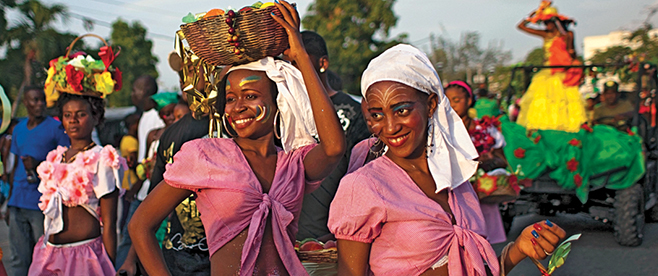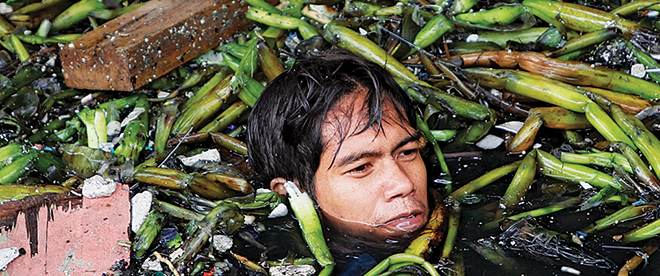Good news

All for one
Premiers meeting at the annual Council of the Federation in Halifax agreed on a plan to coordinate bulk purchases of commonly prescribed generic drugs, at long last taking the first step toward combining their market power. All 10 endorsed the suggestion, featured in a report on health care cost savings authored by Saskatchewan’s Brad Wall and P.E.I.’s Robert Ghiz, and competitive bidding is expected to start in autumn. The program will begin with three to five generics yet to be selected.
Oh, say can you see?
NASA’s Lunar Reconnaissance Orbiter warmed American hearts by discovering that five of the six U.S. flags planted on the moon’s surface by Apollo astronauts are still “flying.” Scientists suspected micrometeorites and harsh ultraviolet radiation might have destroyed the nylon flags, but a survey of Apollo landing sites spotted their shadows. The missing flag is the one planted in 1969 by Apollo 11’s Neil Armstrong and Buzz Aldrin, who watched it get knocked over by their rockets when they departed in the lunar module.
A distinct society
Some 90,000 Hong Kongers, many escorting young children, took to the streets to protest a pro-Communist education syllabus being rolled out in the city’s public schools. Opposition parties and academics marched on government offices as critics assailed “moral and national education” textbooks that praise Chinese political unity and omit Communist atrocities like the Cultural Revolution. Hong Kong seems to be reasserting an independent identity, bridling at Beijing’s influence over its political executive.
Ink by the barrel?
Conrad Black, in Canada on a temporary residence permit after his release from a U.S. prison, set tongues wagging when he said Canadian newspapers may have life left as profitable businesses. Black, 67, told the Huffington Post, “There is a great premium to be placed on the editorial function,” and speculated some underpriced “good titles” may remain. Lord Black wouldn’t comment on the possibility of investing his own money; foreign-ownership limits mean any such action may depend on his regaining Canadian citizenship, which he renounced in 2001.
Bad news

Self-Tobinated?
France became the first European country to introduce a “Tobin tax” on financial transactions, named for the Nobel economist who devised the concept in 1972 as a way to stabilize exchange rates. François Hollande’s Socialist government is imposing a 0.2 per cent tax on the purchase of shares of large French corporations; it will also tax high-frequency stock trades and some derivatives. Swedish observers noted that their country’s own 1980s experience with a Tobin tax led to capital flight, which would make it hard for France to address its bloated public sector.
Blame it on the rain
India suffered one of history’s largest blackouts as 600 million people lost electric power, affecting services ranging from hospitals and street railways to banks and mines. The country’s minister responsible for electricity accused northern states of “overdrawing” from the grid, but the root of the problem is that infrastructure spending has not kept pace with economic growth. A poor monsoon season contributed; farmers had to irrigate with electric pumps when rains failed.
The five-letter word
The Ebola virus broke out in the west Ugandan hinterland, infecting as many as 26 people and killing 14 so far. Health workers at first misdiagnosed the hemorrhagic fever, which leads to multiple organ failure and death in about two-thirds of cases. Anxiety is widespread in the capital, Kampala, because an infected health worker was brought there for treatment before dying. President Yoweri Museveni urged Ugandans to avoid physical contact and let professionals handle funeral ceremonies.
A fully defended border
International neighbours Stanstead, Que., and Derby Line, Vt., have bowed to history. The last unguarded border crossing between the towns has been closed to traffic with a row of concrete planters. The twin towns, which have several buildings straddling the border, were a symbol of U.S.-Canadian friendship for decades. But a rise in illicit cross-border activity forced the RCMP and the Border Patrol to crack down. A Mounted constable told the Montreal Gazette that “. . . everyone seems to be fine with it except for the drug smugglers.”